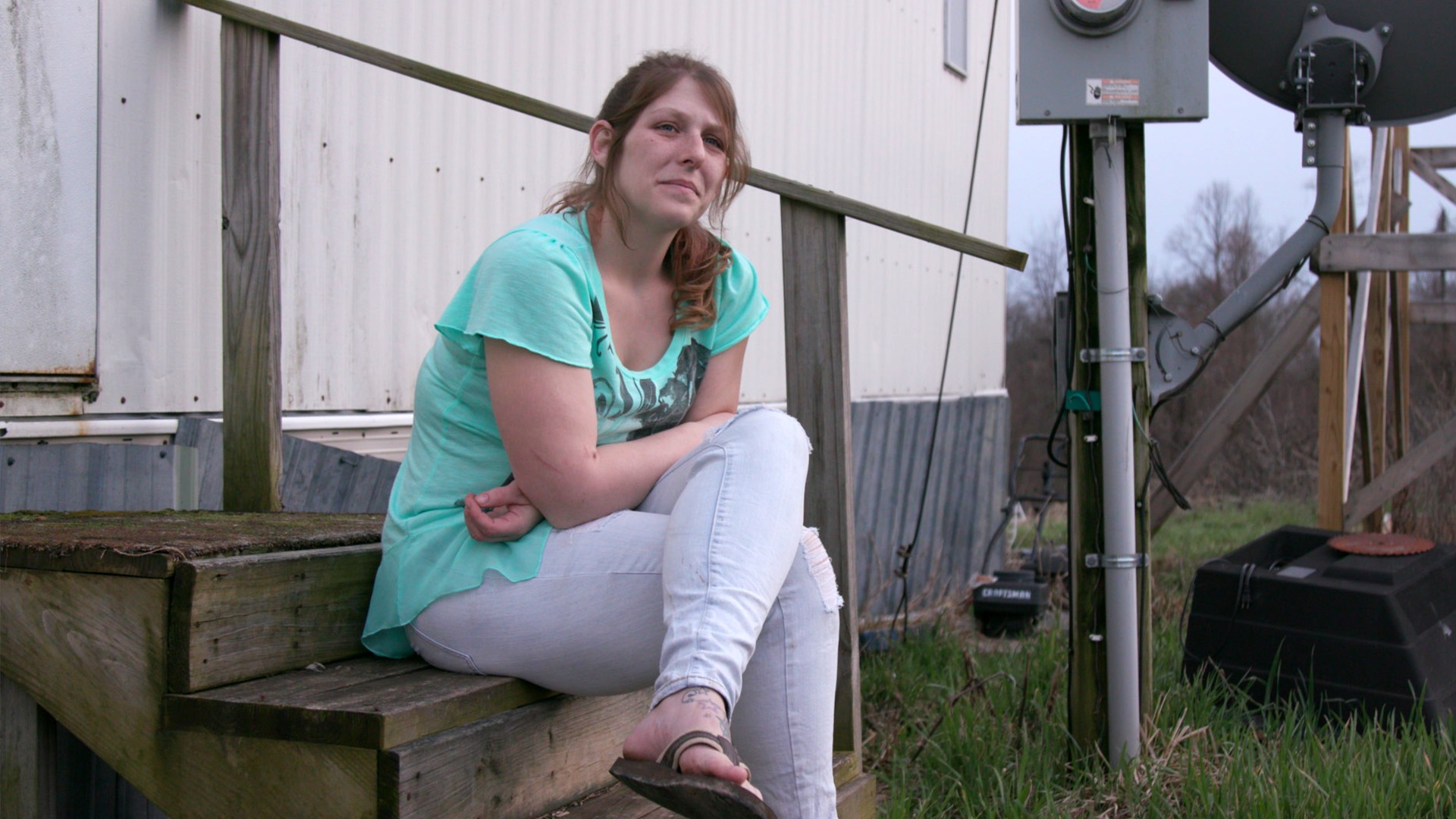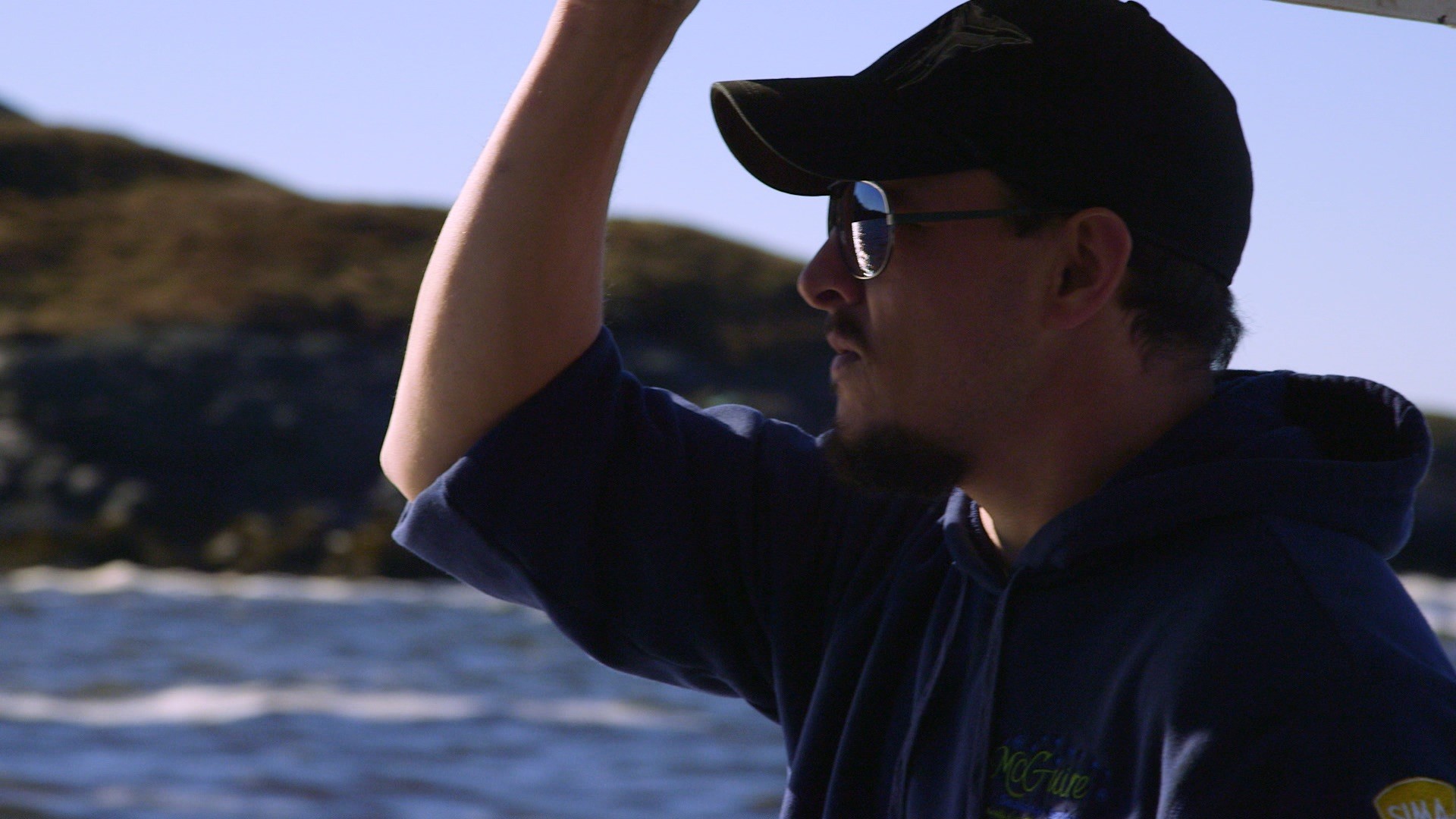Illustration via Aaron Barksdale.
The opioid crisis claimed more than 64,000 lives in 2016 alone, marking last year as the largest jump in overdose deaths ever recorded. And after months of pleas from the public, representatives on both sides of the aisle, and even his own administration, President Trump has decided to take action. Sort of.What happened?Last Thursday, the Trump administration directed the department of Health and Human Services to declare the opioid epidemic a "public health emergency." This could theoretically streamline grant funding to combat opioid abuse, expand the availability of medical support to treat the epidemic in rural areas, and green light the hiring of specialists on the issue.Sounds great! What's the catch?The thing is, the directive itself doesn't release any new funding to combat the epidemic, and Trump hasn't requested any.His aides say he plans to do so, but we're about a week in, and all remains quiet on the funding front. The declaration does allow access to the public health emergency fund, but that's likely to be of little help, since the fund only has the disturbingly low sum of $57,000 remaining.
Check out more videos from VICE:
In August, Trump's own Commission on Combating Drug Addiction and the Opioid Crisis (lead by beach lover, Chris Christie) urged the president to declare the opioid epidemic a national emergency in order to rapidly release funding to fight the issue. This could be done under the Public Health Service Act, which regulates the government's role in spreading illnesses, or the Stafford Act, which would release FEMA funding.Trump affirmed his commitment to the declaration soon after the task force report was released, and reiterated the sentiment in October. But the White House soon walked that back, saying a public health emergency, which is only good for 90 days but can be renewed, was a more appropriate response and a better use of resources.
Check out more videos from VICE:
So, now what?The presidential memorandum that orders the Department of Health and Human Services to declare the public health emergency also directs all other federal agencies to use their own emergency resources to decrease the number of opioid overdose deaths, the impact of this is yet to be seen.The administration has also listed a series of soon-to-come plans to combat the epidemic including giving states the "okay" to shift federal grant funds to target the epidemic and expediting the hiring of professionals to help states target the epidemic. The administration is also taking advantage of the Department of Labor's Dislocated Worker Grant program, which has usually been reserved for "large, unexpected layoff events," to assist people who have been displaced or have trouble finding work due to their addiction.There has also been talk of a "just say no" style campaign aimed at preventing the use of opioids to begin with. "The fact is, if we can teach young people -- and people, generally -- not to start, it's really, really easy not to take them," Trump said at a press conference announcing the declaration. "And I think that's going to end up being our most important thing." He described the ad campaign as, "really tough, really big, really great advertising."What can you do?The nation is going to need far more funding, and stronger, more specific legislation to fight the opioid epidemic.Regardless of where you fall on the political spectrum, reach out to your elected officials and tell them how you feel about the opioid crisis. Legislation doesn't move itself and this is an issue you're concerned about, lawmakers from the local to national level need to hear from you.Also check out the CDC's interactive map to learn more about how your state is affected by the opioid epidemic, and get in touch with your representatives to advocate for progressive legislation that puts treatment and drug abuse prevention at the forefront. This means regulating the prescription of opioid drugs (there were almost enough opioid painkillers prescribed in 2016 to fill a bottle for every adult in the U.S. ), increasing access to comprehensive and affordable treatment options, and even considering options like safe injection facilities , which are currently illegal in the U.S. And head over to Tonic who've been covering the issue regularly in their United States of Addiction series.
Advertisement
Check out more videos from VICE:

In August, Trump's own Commission on Combating Drug Addiction and the Opioid Crisis (lead by beach lover, Chris Christie) urged the president to declare the opioid epidemic a national emergency in order to rapidly release funding to fight the issue. This could be done under the Public Health Service Act, which regulates the government's role in spreading illnesses, or the Stafford Act, which would release FEMA funding.Trump affirmed his commitment to the declaration soon after the task force report was released, and reiterated the sentiment in October. But the White House soon walked that back, saying a public health emergency, which is only good for 90 days but can be renewed, was a more appropriate response and a better use of resources.
Check out more videos from VICE:

So, now what?The presidential memorandum that orders the Department of Health and Human Services to declare the public health emergency also directs all other federal agencies to use their own emergency resources to decrease the number of opioid overdose deaths, the impact of this is yet to be seen.
Advertisement
